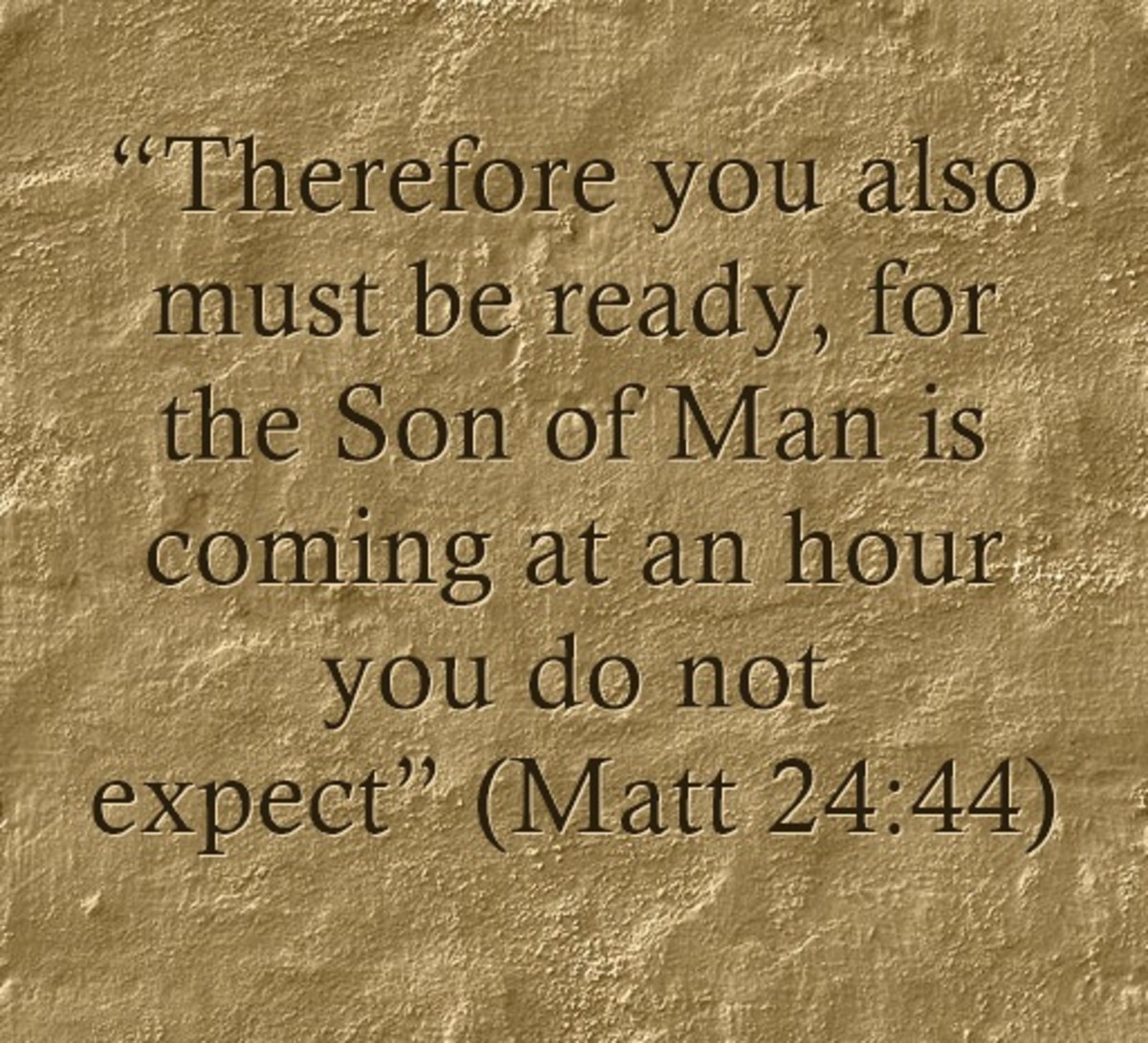I'll Match That Bet and Raise You Eternal Life

Have you ever thought of believing or not believing in God as if it were a big gamble? After all, some people believe He exists. Others don't. And philosophers have been arguing for centuries about which view is correct. What's the best way to decide when there seems to be so many complicated arguments on both sides that never seem to ultimately get anywhere?
Blaise Pascal (1623-1662), a mathematician and part-time theologian and philosopher from the 17th century wondered about this too. He personally believed in God - but offered an argument for God's existence not based on reason or evidence, but based on the idea of waging a bet.
The Wager
Throughout the history of Western Christianity, many arguments have been offered to prove God's existence. Thomas Aquinas (1225-1274) famously identified several arguments that each begin with very basic premises based on ‘obvious’ truths or observations. One of his most famous arguments is the one for a 'First Cause.' It goes something like this: We can observe cause and effect in the universe. After all, I see a ball rolling across the field and know something must have caused its movement. Let’s say a child kicked it. And something must have caused the thing that caused the ball to move (the child has parents), and etc. From this basic observation he reasons that there must be a 'First Cause,' something at the head of all the chains of cause and effect that we observe since this constant chain of cause and effect can’t go on forever. It all had to start at some point. This 'first cause' is what we call God. Many other arguments for God's existence work along these lines: drawing deductions from basic observations.
'Pascal's Wager,' is more of a personal and practical argument. This makes it considerably different than more traditional arguments like Aquinas’s. The Wager makes an appeal to an individual to consider the risks involved with believing or not believing in God.
It basically looks like this:
- If I believe there is a God, and it turns out I'm wrong, nothing happens. No loss to me.
- If I believe there is no God, and it turns out I'm wrong, I will end up in hell.
- Therefore, I should believe in God, since not believing in God poses the highest risk.
Blaise Pascal

Blaise Pascal and the Limits of Reason
Blaise Pascal is probably most known for his work in mathematics and the sciences. He is famous for creating an early form of calculator. He didn't publish very much, and virtually nothing in the way of theology or philosophy. Late in his life, however, Pascal was working on a book on Christianity, but died before he could finish it. "The thoughts and ideas for his book were collected and complied, posthumously, and then published as the Pensées." ("Description," for Pensees by Tim Perrine at CCEL.org)
Among these notes is a passage that presents this argument called The Wager.
The Wager is not an argument from logic, in the way that Aquinas' or other traditional arguments for God are: it "assumes that logical reasoning by itself cannot decide for or against the existence of God; there seem to be good reasons on both sides" (according to theologian Peter Kreeft) In other words, the more traditional ways of arguing for God's existence are not really persuasive, according to Pascal. You cannot prove God's existence using rational arguments. Instead, something more pragmatic must be tried.
But....
Of course, many would object and say that just believing in God in this way isn’t a sort of belief necessary for actually gaining eternal life. If you believe in God simply because of what might happen to you if you don’t – do you really believe? And if you don’t really believe, will you actually get to escape hell after you die? Not to mention that in Christian theology it is not enough to believe in God – you must call upon the name of Christ and give your heart to Him.
Since Pascal’s notes are scattered, and the Wager comes in the midst of various incomplete thoughts, it’s not altogether clear what Pascal thought of this argument. It does seem clear from other things he wrote that he believes that faith is a process of walking in belief that begins with taking small, baby, steps. If one merely starts to believe, no matter how silly or incomplete the reason, as they continue to practice belief their faith will grow. Since there is no ‘rational’ way to compel someone to believe in Christianity, it takes stepping out on faith and then continuing in faith to truly believe. Somehow or another you simply have to take the first leap – and then eventually you will come to truly believe.
What about you?
What do you think? Is ‘the wager’ a good reason to believe in a God? Is God's existence provable through reason?







